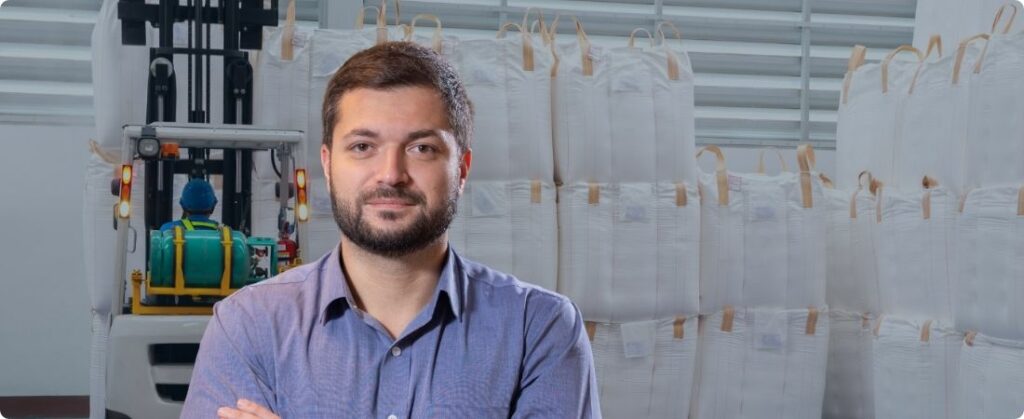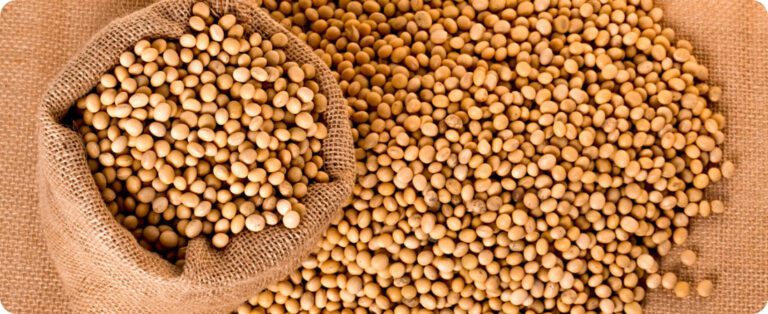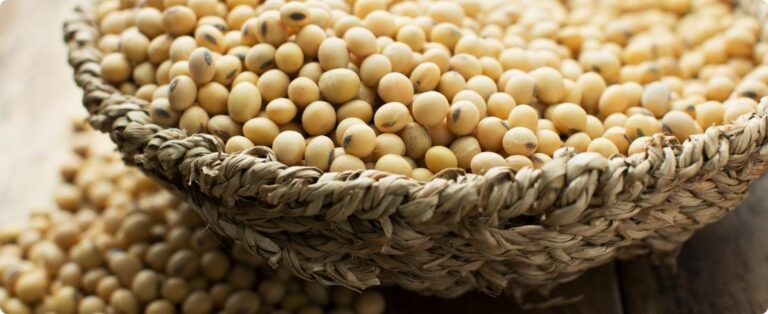
Brazil stands out as an important producer and exporter of meat in the world, standing out in the poultry, beef and pork sectors. To maintain this remarkable performance, there are more than 2,500 slaughterhouses in the country, contributing significantly to production. The prospects for the future are very positive, given that external demand, responsible for much of this growth, is linked to population growth in developing countries. Global demand for animal protein is expected to grow in the coming decades. As in any production process, slaughter generates waste, leading to the annual production of more than 13 million tons of waste by these slaughterhouses in Brazil.
Animal recycling plays a fundamental role in the sustainable management of this waste, transforming byproducts into valuable inputs for various sectors. A Brazilian Animal Recycling Association (ABRA), in partnership with Aboissa, represents and defends the interests of this sector, clarifying myths and promoting its importance for the economy, the environment and society.
Contrary to the perception of informality, animal recycling in Brazil has evolved significantly, with the adoption of advanced technologies that allow efficient operations and the minimization of environmental impacts, such as the emission of unpleasant odors and the treatment of effluents.
Sustainability and innovation beyond the myth
This industry emerged as a sustainable solution for the use of slaughter waste, avoiding inappropriate disposal and the consequent waste of potential.
The process produces essential items for sectors such as hygiene and cleaning, fuels, industrial (including plastics and rubber), animal nutrition, textiles and even pharmaceuticals.
There is a great lack of knowledge about the composition of products intended for pet food, with many mistakenly believing that they are completely vegetable, ignoring the biological need for proteins of animal origin. Caio Torres, a specialist in animal recycling, explains: recycling is a result of slaughter, not a stimulus to it. The industry exists due to the demand for meat consumption, allowing full use of resources and reducing waste.
Animal recycling is a significant economic force, generating jobs and contributing to environmental sustainability, avoiding greenhouse gas emissions, contributing to urban cleanliness by reducing the need for landfills and promoting water sustainability by recovering water during the recycling process. recycling.
The important mission of ABRA x Aboissa in animal recycling
ABRA also faces challenges of perception and identity, working to educate both the public and agricultural professionals about the value and importance of animal recycling. The association clarifies that animal recycling is an activity that significantly contributes to the circular economy in livestock farming, providing essential inputs for the production of feed, among other uses.
The increasingly significant importance of sustainability makes animal recycling a vital element of the meat production chain with socio-environmental benefits, both in Brazil and in the rest of the world. An example of the increase in this importance is the emergence of demands from new markets. Since 2022 we have noticed the emergence of demand for fats from the US and European biofuel sector for the manufacture of SAF and HVO. Today, this demand is responsible for almost 100% of all Brazilian fat exports and for almost 30% of local production.
By clarifying and highlighting all these points that directly contribute to sustainability, ABRA and the animal recycling sector seek not only to improve their image, but also to ensure recognition of their indispensable contribution to a more sustainable future.
If you would like to understand more about this sector and its opportunities, please contact our experts.















